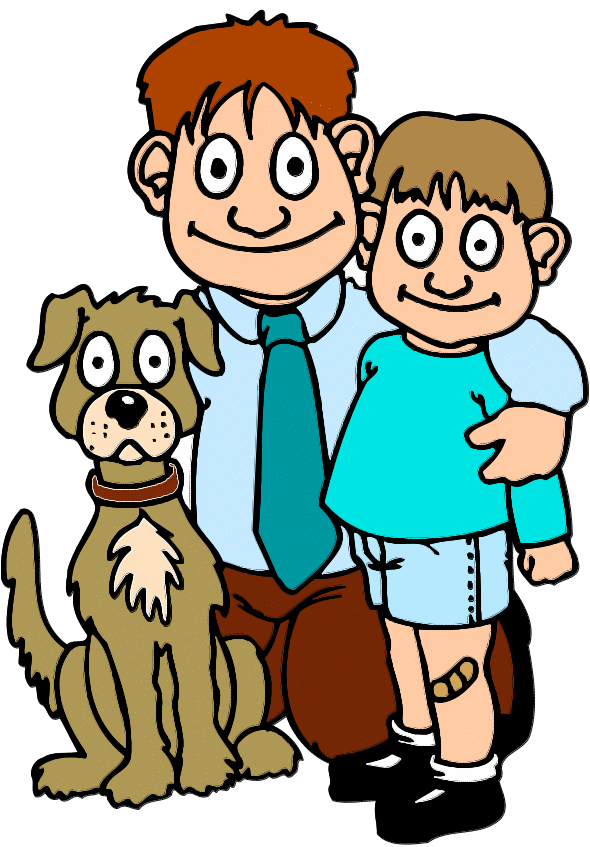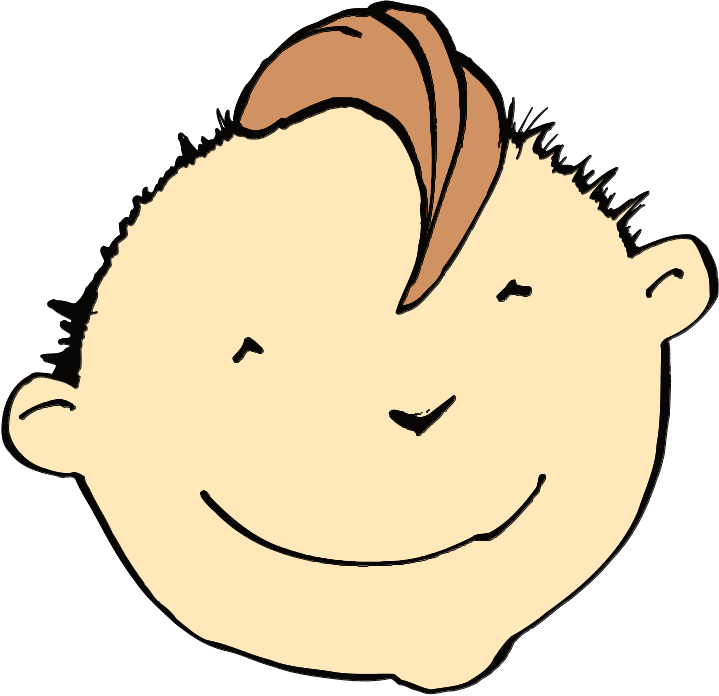
- •The Noun The Noun is the name for anything, I.E. People, animals, things.
- •In English grammar there are two numbers, singular and plural.
- •There are some irregular nouns that are rendered as exceptions.
- •They have their special plural form.
- •1. Formation of nouns
- •I. Noun-forming suffixes
- •II. The most common prefixes
- •III. Compound nouns
- •The Possessive Case of the Noun. The Article.
- •The use of the articles with the proper names
- •Geographical Names
- •The Use of the Articles with the Names of the places and organizations
- •Some Peculiarities of the Article Usage
- •Shakespeare is the author that wrote the play.
- •The Pronouns
- •The Pronouns
- •Indefinite Pronouns
- •The adjectives
- •Which adjectives describe life in a city? Which describe life in a country?
Shakespeare is the author that wrote the play.
 Tell
me about the actors that
took part in it, please!
Tell
me about the actors that
took part in it, please!
T
 he
play looked sad. The bride
was too old and the bridegroom
was too young.
he
play looked sad. The bride
was too old and the bridegroom
was too young.
It was out-of-door theatre. The sun was getting warmer while we were watching the play.


The tragedy and the comedy appeared in Greece, you know.

But that was the best play I have ever watched in this country.
It was the very play I dreamed about since my childhood.
We sat in the first row.


B
 oth
the rich and the poor
admired this play.
oth
the rich and the poor
admired this play.
E
 ven
the president
of Germany was there.
ven
the president
of Germany was there.
H
 e
lives in the country at the seaside
near the mountains, in the city with the cinema, the theater, the
radio, the police, the fire brigade, the army, the post office, the
bank, the doctor and the dentist whom
he visits at the weekend.
e
lives in the country at the seaside
near the mountains, in the city with the cinema, the theater, the
radio, the police, the fire brigade, the army, the post office, the
bank, the doctor and the dentist whom
he visits at the weekend.
He perfectly plays the trumpet.



And he loves to visit the restaurants of the Russians, the Japanese, the Italian, the Danes, etc. but he is an American.
Ex. 8. (В, С) Translate into English.
1. Они вошли в вагон, в котором не было свободных мест. 2. В вагоне, в который они вошли, не было свободных мест. 3. Сегодня группа туристов, которая состоит из студентов, отправляется в горы. 4. Группа туристов, которая отправилась в горы, состоит из студентов. 5. Роль Анны играла молодая талантливая актриса, которая недавно окончила театральный институт. 6. В газетах очень много писали о молодой талантливой актрисе, которая сыграла роль Анны. 7. Она посмотрела на часы и поняла, что опоздает на поезд. 8. На углу вашей улицы висят часы, которые приводятся в действие электричеством.
Ex.9. (В, С) Translate into English.
Мне нужно снять комнату. 2. Проветри комнату. 3. Нож не режет. 4. У тебя нет ножа? 5. Возьми нож и отрежь хлеба. 6. Мы не знали, что здесь есть озеро. 7. Озеро глубокое. 8. Замок сломался. 9. Кому мне отдать починить замок? 10. Ты знаешь, где чинят замки? 11. Не забудь купить замок. 12. У нас сегодня апельсины на третье. 13. Апельсины в буфете. 14. Возьми себе апельсин. 15. Апельсин не кислый?
Ex.10. (В, С) Translate into English.
Дверь закрыта. 2. У тебя есть телефон? 3. Телефон не работает. 4. В холле темно. 5. Ты любишь собак? 6. Не мучай (to tease) собаку. 7. Никогда не пытайся погладить (stroke) собаку, если ты ее не знаешь. 8. Ручка не пишет. 9. У вас есть ручки в продаже? 10. Где можно купить пальто? 11. Где тебе сшили пальто? 12. Где ключ? 13. Сколько квартир в доме? 14. Сколько стоят эти сервизы? 15. Сколько предметов в сервизе? 16. Сколько стоят сервизы сегодня?
Ex. 11. (В, С) Translate into English.
Это очень хороший совет. 2. Совет хороший. 3. Ты слышал эти новости? 4. Новости дома плохие. 5. Он привез хорошие вести. 6. Такие сведения всегда нужны. 7. Сведения уже поступили? 8. Не стоит трогаться в путь в плохую погоду. 9. Мы не тронемся, пока погода не переменится. 10. Дай деньги мне. Ты ведь их всегда теряешь.
Ex. 12. (В, С) Translate into English, paying special attention to the words in italic type.
Кто у двери? - Это почтальон. 2. Мы ходили вчера в театр. Пьеса была замечательная. 3. Я предпочитаю проводить каникулы в горах, у моря или в деревне. 4. Чем занимается Джон? - Он почтальон. 5. В центре города строится новый рынок. 6. Где мама? - Она на кухне. 7. Португальцы очень отличаются от испанцев. 8. Немцы и японцы много работают. 9. Будьте внимательнее: вы сделали ошибку. 10. Я не знал, что недалеко от нашего дома есть рынок. 11. Рынок был уже закрыт, и мы пошли в магазин. 12. В этом году я первый раз был в лагере. 13. Лагерь был расположен в лесу.
